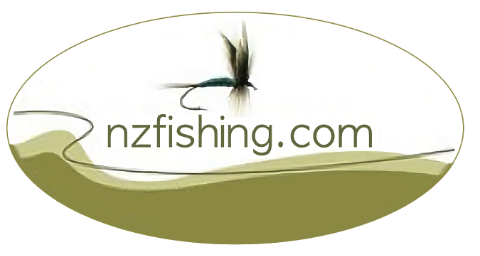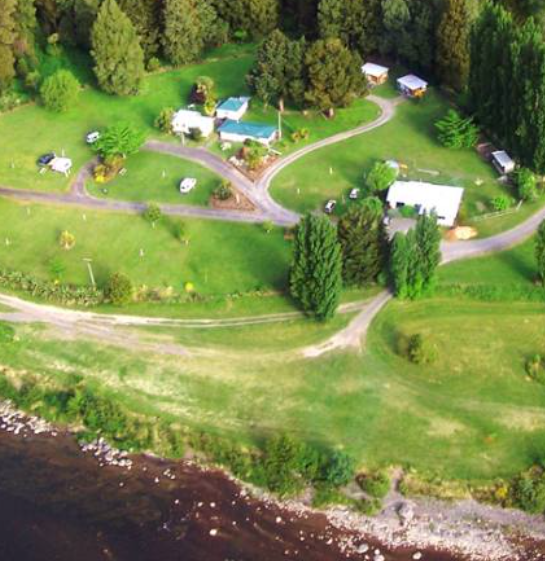| Fish type |
Rainbow and brown trout averaging 2kg but with many large fish, some of trophy size also present. The river was found to contain around 26 large fish per kilometre in a survey carried out by Fish and game. |
| Situation |
The Whakapapa River flows from Mt Ruapehu along the edge of the Tongariro Forest to join the Whanganui River near Kakahi. |
| Maps |
Access map
|
| Check conditions |
View the MetService weather forecast. |
| Description |
The Whakapapa is a large river with turbulent rapids, deep pools and low boulder runs. A degree of caution is needed: there are few easy places to cross and it is not a river for the faint-hearted. The water is extremely clear (visibility can be as much as 15 metres in some of the headwaters). Consequently, great care should be taken when wading - the river is deceptively deep and the current stronger than it looks. Fishing however is excellent with different sections offering differing types of fishing experiences. |
| Upper reaches |
Description
Only fit and experienced anglers should attempt to fish the upper reaches of the Whakapapa as frequent and difficult river crossings are required. The river flow has been depleted by the intake that extracts some water for hydro electricity production.
The water is crystal-clear with clarity usually exceeding 10 metres. The trout population is generally low but here is always a chance of catching a trophy trout. Above the intake for the Tongariro Power Scheme, there are a few very large rainbows, while below the intake, brown trout are also present. This is water suited to those who like to
stalk and cast to sighted fish.
Access
Access to the upper reaches is from the intake structure for the Tongariro Power Scheme. Prior permission to cross National Park Station is required from the station manager.
From SH47 (the National Park-Turangi road) a good sealed road provides access through Taurewa Station to the intake structure. See the Whakapapa River access map.
|
| Middle reaches |
Description
In the middle reaches there are many kilometres of wilderness fishing with a procession of productive pools and boulder runs. This section provides excellent fishing opportunities with the chance to hook into some double figure fish (ie above the 10lb mark). Highly recommended for the more skilled and energetic anglers. But do take care. This is a large powerful river.
Access
Access is usually from Owhango where a good metal road leads to an old timber company bridge across the river.
Downstream from the bridge a track on the true left bank leads to several large pools. Upstream from the bridge a short road leads to several paths and many kilometres of spectacular fishing.
See the Whakapapa River access map
|
| Lower reaches |
Description
The lower reaches of the Whakapapa are the easiest and most popular part of this magnificent river. Access is generally easier than in the middle and upper sections
and fish numbers are high. This section also give access to the Whanganui River. Upstream from Kakahi there are many good pools and the crossings are comparatively easy.
Access
From the village of Kakahi, follow Te Rena Road to its end. See the Whakapapa River access map.
|
| Recommended lures |
Nymphs:
Try bead-head nymphs such as the Hare and Copper Gold Bead Head early in the season. Use smaller patterns during the warmer months (sizes 14 - 18).
Dry flies:
Kakahi Queen, Twilight Beauty, size 12 Humpy, Coch-y-Bondhu, Stimulator and Royal Wulff
Wet flies:
Rabbit patterns, Mrs Simpson, Kilwell
Spinners: Black Toby, Red Veltic, and small Rapalas.
|
| Tributaries |
Piopiotea Stream
Tepure Stream
Whakapapaiti Stream
Whakapapanui Stream |
| Regulations (1) |
| Applicable to |
Whakapapa below Piopiotea confluence |
| Region |
Auckland/Waikato regulations |
| Season |
Oct 1-Jun 30 |
| Methods |
Artificial fly, spinner |
| Bag limit |
2 |
| Size limit (cm) |
30cm minimum |
| Regulations (2) |
| Applicable to |
Whakapapa above Piopiotea confluence |
| Region |
Auckland/Waikato regulations |
| Season |
Oct 1-Jun 30 (brown only) Closed for rainbow trout. |
| Methods |
Artificial fly, spinner |
| Bag limit |
2 brown trout
0 rainbow trout |
| Size limit (cm) |
30cm minimum |



